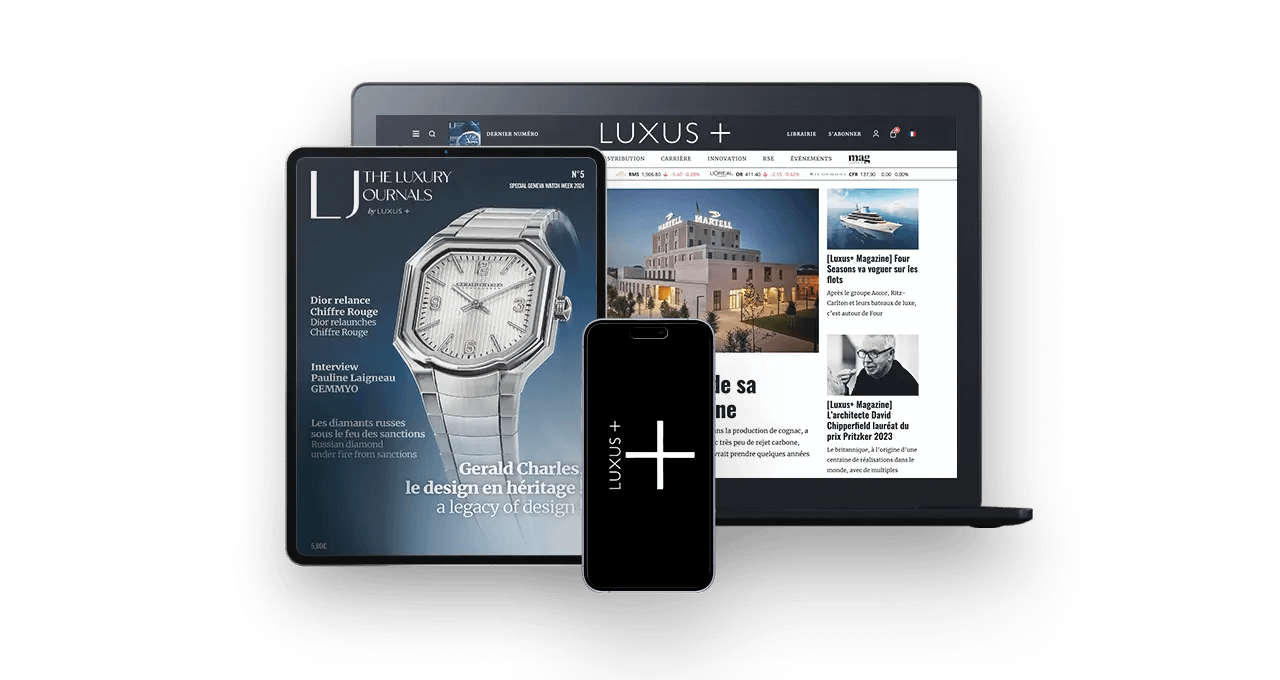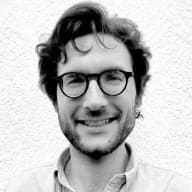On December 14, the LVMH Group celebrated a first milestone in its Life 360 program at UNESCO headquarters. This was an opportunity for the world’s number one luxury brand to review its performance in terms of the circular economy, biodiversity protection, carbon emissions reduction, traceability and transparency. But also to unveil an unprecedented support program for its suppliers.
On December 14, LVMH brought together over 500 executives – including some of its competitors – and key partners.This first LVMH Life360 Summit was an opportunity for one of French luxury’s best ambassadors in the world to present its various environmental initiatives to date.
Since 2021, the Life360 program (LVMH Initiative For Environment) has served as a compass for the luxury group’s environmental efforts, with a clear roadmap, a quantified target and announced deadlines.
The group is committed to keeping its stakeholders informed of the progress of its ecological transition every 3 years. After 2023, the next deadlines – 2026 and 2030 – are already known. More than “paper promises”, the Group is delighted with the commitments it has kept, which have enabled it to meet the various challenges scheduled for 2023 with flying colors.
LVMH is now embarking on a far more complex stage: taking action on its scope 3 (external to its own energy expenditure), with the aim of having, in particular, 100% of the group’s employees trained in sustainable development by 2026.
The exceptional presence of Christophe Béchu, the French Minister for Ecological Transition and Territorial Cohesion, Virginijus Sinkevičius, the European Commissioner for the Environment, Oceans and Fisheries, and Hollywood actress Natalie Portman, alongside Bernard Arnault, Chairman and CEO of LVMH, and Antoine Arnault, LVMH’s Head of Image & Environment, attested to the seriousness of the Group’s commitment.
Having chosen the headquarters of UNESCO (United Nations Educational, Scientific and Cultural Organization) as the venue for the day, the group announced the renewal of their partnership in the fight against deforestation. The two entities share the same values, those of “protecting and promoting living heritage, whether cultural, social or environmental”, as Bernard Arnault, the Group’s Chairman, reminded us.
Horizon 2023: promises kept
“Transparency and pragmatism” are LVMH’s watchwords when it comes to the environment. As Antoine Arnault reminded the press conference, “we prefer to under promise and over deliver, rather than the other way around.”
The first French group to take environmental protection into account since the close of the Rio Earth Summit in 1992, the LVMH group was keen to explain the challenges it has taken up in its Life 360 program.
Launched in 2021, the program is built on four pillars: circular economy, protection of biodiversity, reduction of carbon emissions, traceability and transparency.
In terms of creative circularity, LVMH has achieved its 2023 objective of offering new circular services, bolstered by the creation of a repair and care task force in several of the Group’s Houses.
Louis Vuitton repairs 600,000 products a year, while 79% of Berluti’s leather goods are now repairable, and Rimowa guarantees its luggage for life.
At the Life 360 Summit, the group announced the creation of LVMH Circularity, an ecosystem that brings together all the expertise of the group and its partners in the field of reuse (Nona Source, the CEDRE platform, weturn, the Agence du Don en Nature). Alongside them, LVMH is also committed to recycling fabric and leather scraps, unused raw materials and unsold products.
At the closing plenary session, the group demonstrated that it was possible to produce a fashion show using 90% recycled materials, a first in the luxury goods industry. Entitled Prélude, the entirely upcycled collection was created by Artistic Director Kevin Germanier using unsold products from leading fashion houses and fabric scraps from Nona Source (a platform created thanks to an international LVMH intrapreneurship program) and Weturn (a start-up that won an LVMH Innovation Award last year).

The Group is also continuing its drive to preserve biodiversity. After contributing to the regeneration of 1.37 million hectares by the end of 2022, LVMH is now aiming for the target of 5 million by the end of 2030. This ambition is made possible by the launch of various regenerative agriculture programs, notably in Turkey (cotton), Australia (merino wool), South Africa (mohair), Indonesia (palm oil) and France (Moët Hennessy vineyards).
Complementing its initiatives already sealed with Reforest’Action (reforestation actions) and the Circular Biodiversity Alliance (sustainable cotton production), the group announced a strategic partnership with the Brazilian NGO FAS (fight against deforestation) as well as the renewal of its partnership with UNESCO’s “Man & Biosphere” program, in favor of biosphere reserves.
In line with these actions, the Group has set up a water sobriety plan to reduce its overall water consumption footprint by 30% by 2030.
Read also > COP28: LVMH ANNOUNCES TWO NEW PARTNERSHIPS TO TAKE CARE OF THE PLANET
Featured Photo: © Philippe Servent/LVMH






































